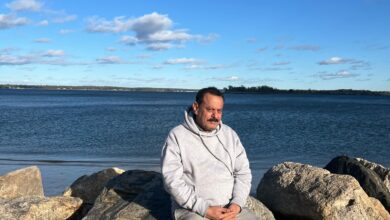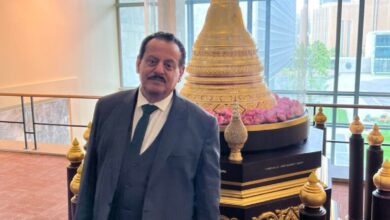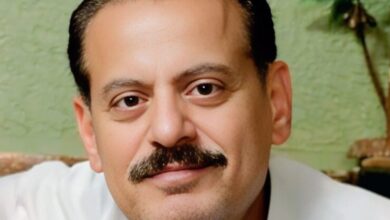The Energy of Defiance and Rebellion

Yemeni mp
Ahmed Saif Hashed
Defiance and stubbornness often find their roots in a childhood marked by oppression and hardship. When wielded by those in power, this defiance can morph into a destructive force, capable of harming not only the individual who exhibits it but also those around them, potentially inflicting damage on the very fabric of society.
This cycle of oppression and cruelty does not confine itself to the home; it extends into schools and permeates a society that frequently experiences more death than life. Relying on repression and indulging in stubbornness for non-humanitarian purposes leads only to repeated destruction. At best, it yields outcomes that are stale, distorted, and far from wholesome.
The stubbornness that arises from the misuse of power fosters moral corruption, destroying both others and oneself in the process. It devastates communities and ultimately consumes the individual wielding that power, dragging them into tyranny and despotism.
* * *
In my childhood, I was inexplicably drawn to eating dirt. Oh, how delicious it tasted! What made it even more thrilling was doing so in secret, away from my mother’s watchful eyes.
Once she discovered my secret, she would rush to punish me, often before she had even removed the dirt from my mouth. Sometimes, the punishment would be delayed until I was caught again shortly thereafter. Yet, each time I found the opportunity, I repeated the act, driven by defiance. The punishment would follow, and so would my stubbornness; I never seemed to learn my lesson.
This pattern also played out with my father, who leaned toward harshness in various situations, details of which I will elaborate on later. After the home, school took on its role, and society continued the cycle, perpetuating this dynamic until the end.
* * *
In the home, mistakes lead to punishment. The same holds true in school. Beating is often a significant form of discipline, even within our legal systems. Moreover, punitive policies in our laws, burdened with pain and oppression, do not aim to rehabilitate offenders or help them reintegrate into society.
Instead, they frequently focus on revenge against the perpetrator.
It would be far more beneficial to transform our defiance into a challenge that generates creative and productive energy—one that upholds people’s rights and enriches knowledge and understanding for the greater good of humanity.
Many scientists, inventors, and historical figures have successfully channeled their defiance into creative endeavors that serve society, achieving greatness and immortality. In contrast, numerous historical criminals and tyrants, blinded by their stubbornness and rigid viewpoints, have wrought destruction upon their own kin, leading to wars that annihilated themselves and their people.
As for me, I strive to convert the affliction of stubbornness, which occasionally arises in my life, into a creative force and a supportive stance for the oppressed. I aim to defend their violated rights and confront the powers that seek to oppress, humiliate, and subdue them—or so I claim to do.
On another note, I firmly believe in the saying, “Oppression does not birth revolutions; rather, it is the feeling of oppression that does.” This sentiment resonates deeply within me wherever I go. I possess a profound awareness of injustice, oppression, and exploitation. Thus, I often find myself confronting various forms of injustice, whether as a defiant rebel or even rebelling against myself when necessary, seeking at the very least a world that is less wretched than the one we currently endure.
* * *






